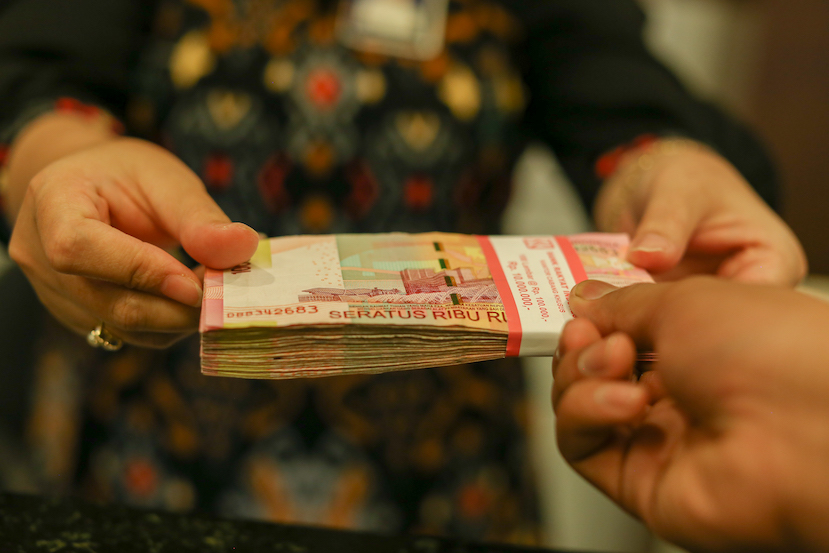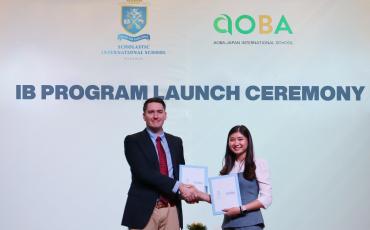
The Regional Comprehensive Economic Partnership (RCEP) was finally signed on Sunday November 15, on the sidelines of the annual summit of the Association of South-East Asian Nations (ASEAN). As well as marking a significant regional milestone, it is hoped that this deal will help its 15 signatories recover from the economic fallout of the coronavirus pandemic.

As OBG outlined in July, the signing of RCEP represents a major vote of confidence in multilateralism. As the culmination of an eight-year negotiation process, it mandates for the creation of the world’s largest trading bloc.
The deal’s signatories – namely the 10 ASEAN members plus China, Australia, Japan, New Zealand and South Korea – together constitute 30% of the world’s population and just under 30% of its GDP.
The 510-page agreement should provide a substantial boost to trade in the region, lowering tariffs, standardising Customs procedures and improving regulatory harmony between its members. Its 20 chapters cover topics from digital procedures to financial services and intellectual property rules.
“The RCEP is expected to boost the region’s value chains and contribute to the development of all participating economies," Doan Duy Khuong, chairman of the ASEAN Business Advisory Council 2020, told OBG earlier this year.
Designed to strengthen regional cooperation and widen market access, RCEP constitutes a rejection of the trend towards protectionism seen across the world in recent years, most notably in the US-China trade war.
While some less-developed countries still need to be brought up to speed – for example, Cambodia and Laos have been given several years to upgrade their Customs procedures – the agreement has been largely welcomed as an economic win-win for its members, with the US-based Peterson Institute for International Economics estimating that it could add 0.2% to their respective economies by 2030.
The deal is expected to take effect within two years, after ratification by the member countries.
RCEP, Covid-19 and China +1
Crucially, it is also hoped that the provisions in the agreement will enable signatories to combat the effects of Covid-19 more effectively, both individually and as a bloc.
“We acknowledge that the RCEP Agreement is critical for our region’s response to the Covid-19 pandemic and will play an important role in building the region’s resilience through an inclusive and sustainable post-pandemic economic recovery process,” said the Joint Leaders’ Statement, released on the occasion of the signing.
A key element of this is related to supply chains: these were severely disrupted by the pandemic, leading countries around the world to recognise the merits of a more diversified approach. In line with this, many companies and government entities that had previously relied mainly on China have adopted a ‘China +1’ strategy, strengthening domestic capacity and setting up factory lines or identifying suppliers in other countries – while still maintaining interests in China.
RCEP could further facilitate this shift by making it easier to establish a production base in an ASEAN member state and export to the other 14 members of the new trading bloc.
At the same time, it incentivises countries to address pre-existing barriers to investment to enhance their competitiveness. Indonesia, for example, recently ratified its Omnibus Bill on Job Creation. This is aimed at reducing red tape and improving the ease of doing business, which could open the door to multinationals – who have tended to opt for countries with more flexible labour laws in the past.
Similarly, Myanmar could capitalise on RCEP to grow its manufacturing base.
“The Myanmar economy is very young; it is agriculturally based, and overall manufacturing is in its infancy. Local, regional and indeed global manufacturers who want to be active in the ASEAN marketplace are taking advantage of the opportunities in Myanmar: a lower cost base, growing infrastructure and a receptive government that is seeking to strengthen and diversify its economy,” Peter Crowhurst, CEO of the British Chamber of Commerce Myanmar, told OBG.
“With the new Myanmar government, under the direction of Daw Aung San Su Kyi, now is the time to build and strengthen the capabilities of the respective ministries to support the effective and balanced implementation of RCEP,” he added.
Digital economy boost
Meanwhile, Mohamed Azmin Ali, Malaysia’s senior minister of international trade and industry, recently outlined to local media the benefits that the deal will bring to the country.
He highlighted the importance of a chapter specifically aimed at facilitating the provision of investment and technical support to small and medium-sized businesses.
The minister also noted that the deal will support the burgeoning field of digital commerce: “Service providers including e-commerce will be able to enjoy greater market access in terms of cross border supply and establishing commercial presence in the RCEP markets.”
As OBG has extensively documented, Covid-19 has prompted an exponential expansion of e-commerce and other digital industries across South-east Asia.
Many of the world’s largest super apps – online or mobile platforms that combine multiple services into one app – are based in RCEP countries, among them Chinese platforms WeChat and Alipay, Japan's Line, South Korea's Kakao Talk, Indonesia’s Gojek and the Singapore-headquartered Grab.
Spurred on by the pandemic, many digital providers are seeking to expand their footprint in the region by moving into new markets – a process that should be eased by RCEP.
On balance, the deal should generate considerable optimism in Asia: both with regard to hopes for a broad-based recovery from Covid-19, and in terms of returning to a more open international trading system that provides mutual benefits to its participants.
https://oxfordbusinessgroup.com/news/will-rcep-help-drive-asia-covid-19-...



